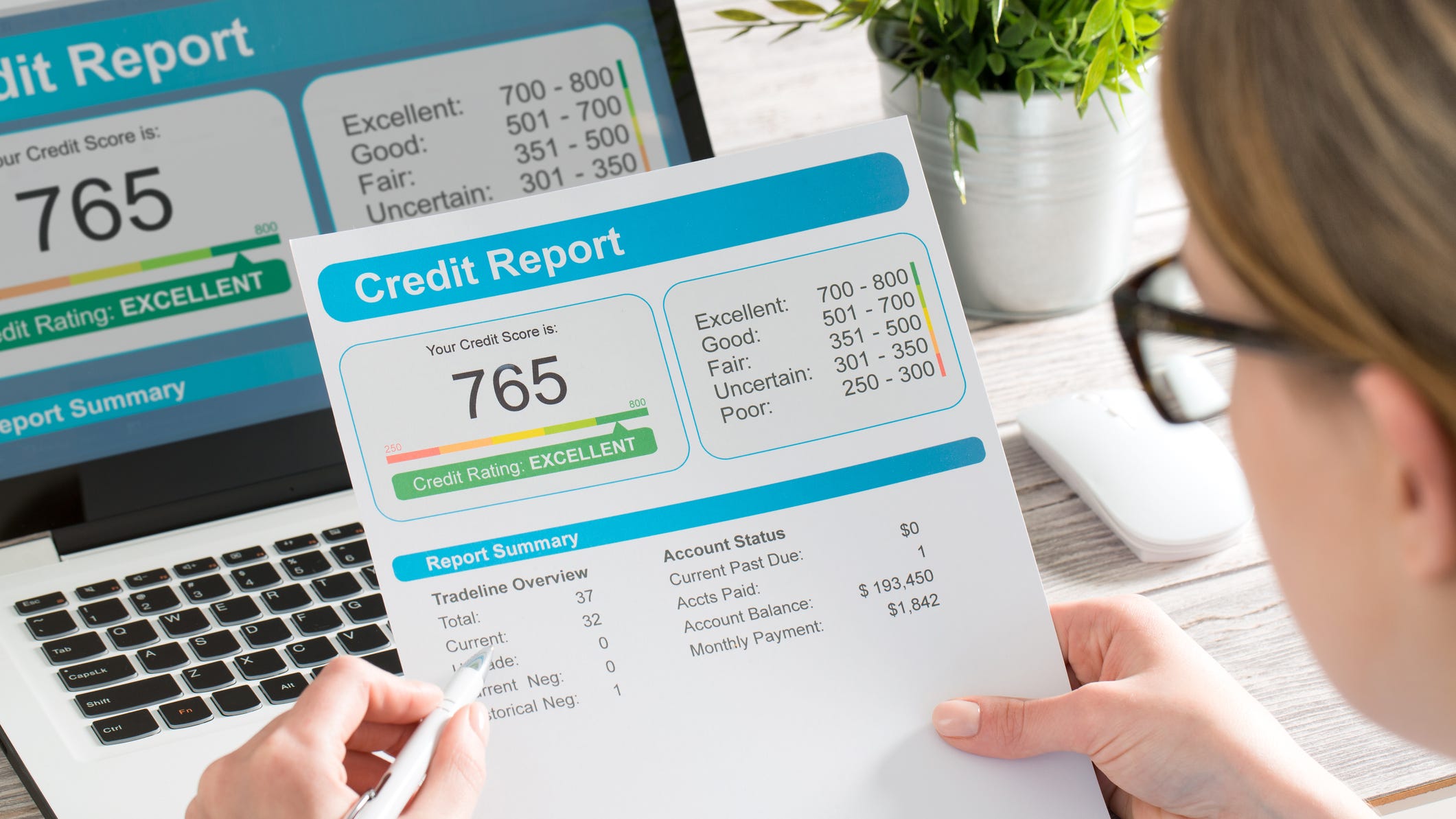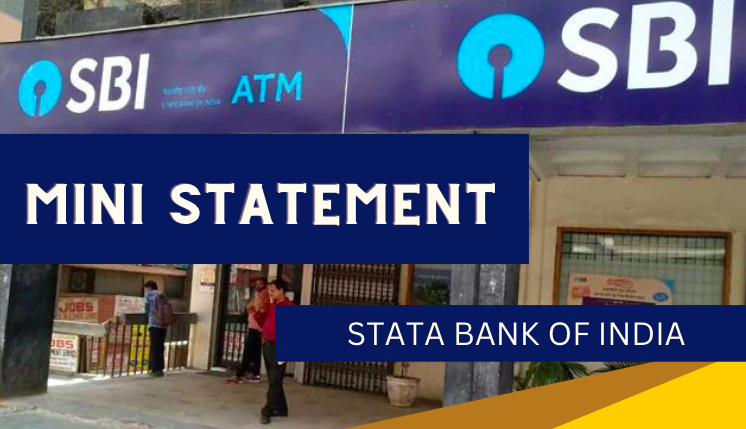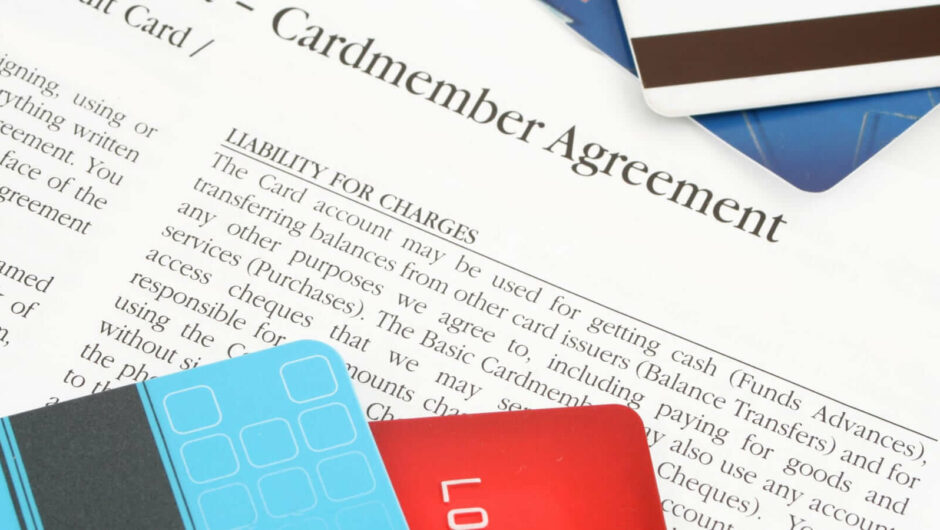Maintaining a good credit score is crucial for a healthy credit lifestyle. You’ll get offers from banks with lower interest rates and attractive repayment plans. However, with the Covid-19 pandemic hitting hard, economies around the world were put under immense stress. This was felt most among borrowers who felt the pinch as salaries were cuts and unemployment was at an all-time high. The government on their part introduced the moratorium to ease the burden. However, post the moratorium, the inability to pay back credit card and loan dues has substantially risen. This has led to a fall in credit scores across the board.
A study by CIBIL found that the number of individuals checking their credit report has almost doubled in 2020. The report goes on to state that close to 42% of borrowers have a credit score between 300 and 700 points. What’s surprising is that only 17% of all borrowers today enjoy a credit score of more than 750 points. This is a shape decline from 2019, where more than 41% of borrowers were in this score range. So what can, under the circumstances, be done to improve individual credit scores? This article provides 4 tips to help you get your credit score up in 2021.
#1 Educate Yourself About Credit Reports
Before you hit the ground running, it’s best to step back and assess your credit report. Look at areas that are impacting your score negatively. If it is a case of missed payment, structure that into your financial planning going forward. Surprisingly, errors in credit reporting are not uncommon. If your score is taking a hit due to an error from the credit bureau’s end, make sure you get a rectification as early as possible.
#2 Clean Up The Credit Mess
If you’ve seen a drastic decline in your credit score, chances are you’ve taken multiple small loans simultaneously. Just like your cupboard that needs spring cleaning, your credit portfolio needs a good cleaning every once in a while. If you have multiple short-term loans and credit card debt, consolidate these loans so you can focus on one payment every month. In a bid to clear-off your loans, focus first on small-term and unsecured loans.
#3 Avoid Multiple Checks
Every time you apply for a loan, the bank or lending institution checks your credit score. Multiple checks impact your score negatively. This gives rise to what is known as a ‘credit search footprint’. Do not apply for multiple loans in the same time-span. Take 2-3 month intervals between loan applications to avoid a hit to your credit score.
#4 Make On-time Repayments
Although it may sound easier said than done, try and avoid defaulting on loans as far as possible. Your credit score will progressively rise after consistently making repayments on your loans. Just try and be as consistent with repayments as feasibly possible.
Getting your credit score back on track is a gradual process. If you are looking for a loan and are afraid that it might hit your credit score negatively, consider an aadhar card loan. The process is relatively simple as the documentation process can be done by an E-KYC. This avoids the hassles of physical documentation and makes the application process a lot more convenient. Checkout Bajaj Finserv Markets for more details about aadhar card loans.

Hey, this is Johny Sehgal. I am the owner and caretaker at Finance Jungle. I completed my education in BSC and now heading towards the digital marketing industry. I usually have interests in reading, playing games and watching movies. I also love to write content based on quality information. The main motive of mine is to provide the top and best quality information to my readers. Finance Jungle is the blog for the same.













